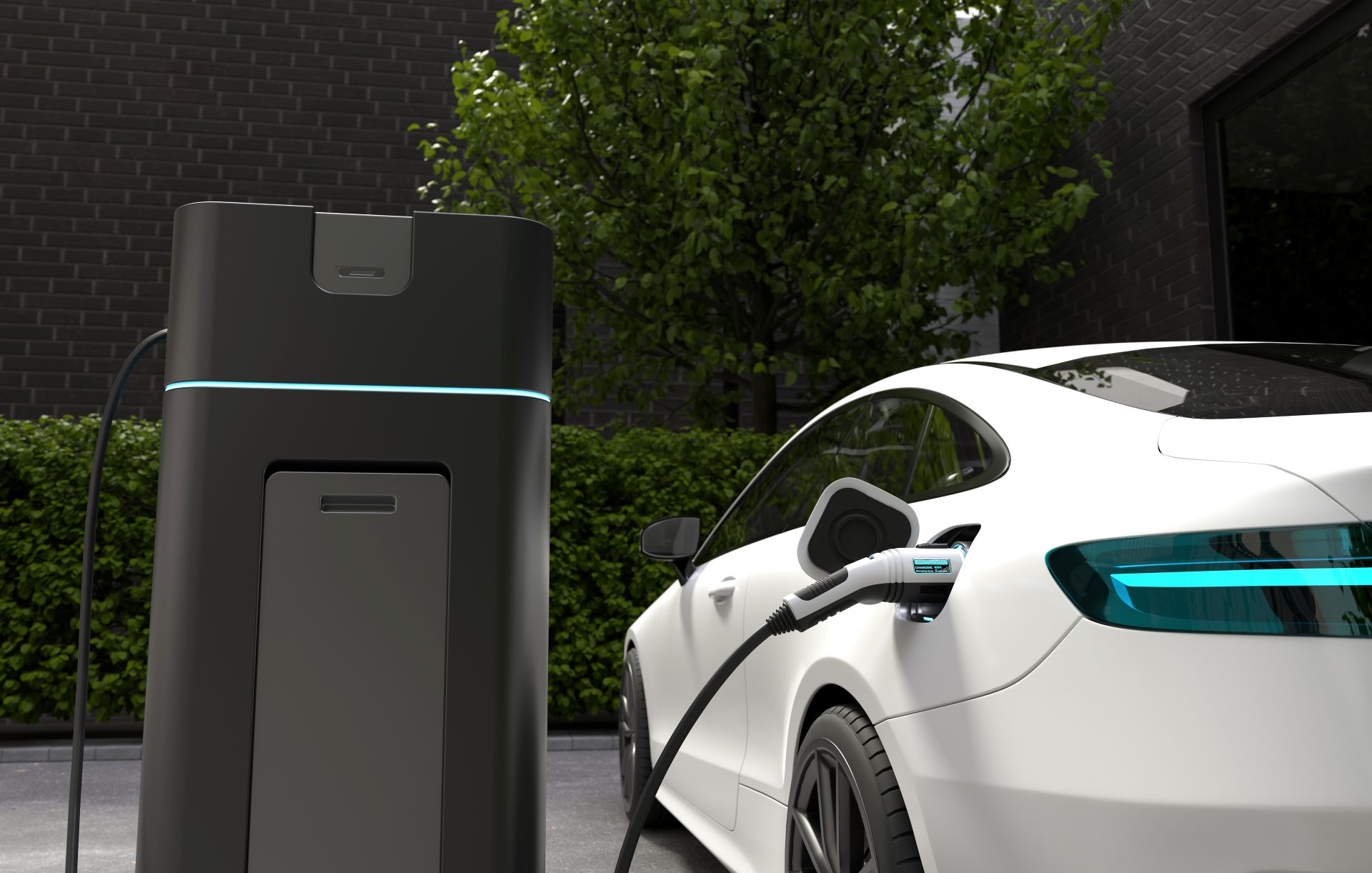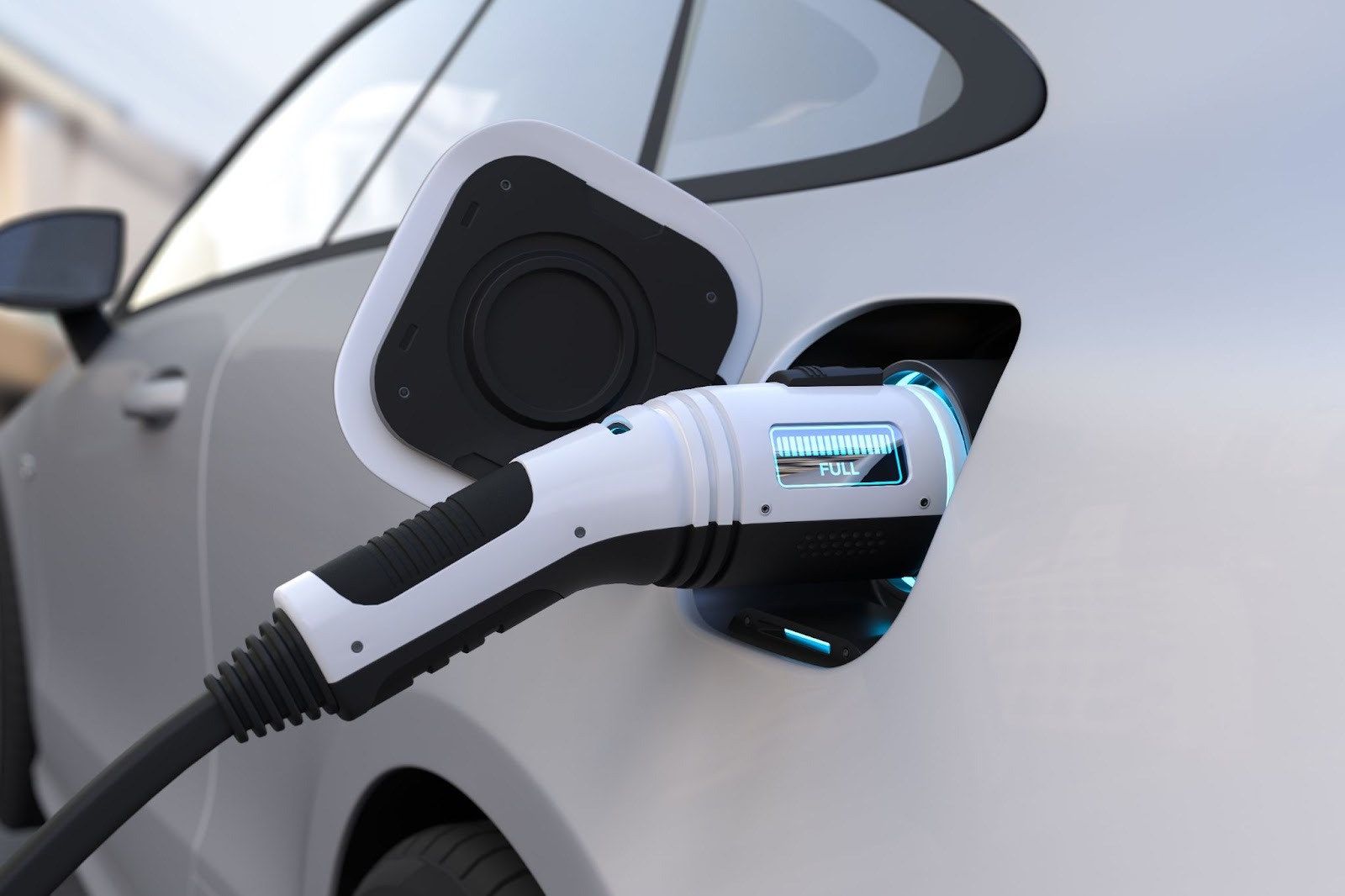True Cost of Owning Gas vs Electric Car in California: 2025 Breakdown

Choosing between a gas-powered vehicle and an electric car involves more than comparing sticker prices. The true cost of ownership encompasses fuel expenses, maintenance, insurance, and long-term value retention. Understanding the complete financial picture helps buyers make informed decisions that align with their budget and driving habits.
Not sure which vehicle makes financial sense for your specific situation? We let the numbers do the talking: Our customers save $3,460 on average
Book Free Consultation | Call +1 310-694-0575
Cost Per Mile Gas vs Electric: Real Numbers for 2025 Buyers

The most accurate way to compare vehicle costs is analyzing expenses per mile driven. This metric reveals the ongoing financial impact of your transportation choice over thousands of miles.
Average Cost Per Mile for Gas Vehicles
Over the full year of 2024, gas-powered vehicles averaged $0.12 per mile for fuel costs alone, based on an average gasoline price of $3.30 per gallon and 28 MPG fuel efficiency.
Average Cost Per Mile for Electric Vehicles
The Environmental Protection Agency (EPA) reported that EVs are more efficient than their gasoline-powered counterparts, losing just 15% to 20% energy loss compared to 64% to 75% for a gasoline engine.
California's 2024 average electricity rate was $0.30-$0.32 per kWh, and EVs achieved 3.5 miles per kWh, resulting in approximately $0.09 per mile for home charging.
Electric vs Gas: Which Costs Less to Maintain?

Maintenance represents a substantial ownership expense that often favors electric vehicles.
Routine Maintenance Expenses
Fewer moving parts means fewer problems—and fewer trips to the mechanic. Electric vehicles skip the maintenance headaches that plague gas cars: no oil changes cluttering your calendar, no transmission fluid to monitor, and regenerative braking means your brake pads last 2-3 times longer.
Your EV maintenance checklist? Tire rotations, cabin air filters, and the occasional software update you can do from your driveway. Compare that to the endless cycle of oil changes, engine air filters, spark plugs, and tune-ups your gas vehicle demands just to keep running.
EV battery replacement remains a concern but a comprehensive analysis of over 7,000 vehicles reveals that most batteries retain over 80% of their original capacity even after 200,000 kilometers (around 125,000 miles).
Beyond the Pump: Hidden Ownership Costs

Total cost analysis must account for expenses beyond fuel and maintenance.
Purchase Price Considerations
Electric vehicles typically cost $7,000-$17,000 more compared to equivalent gas models. However, many manufacturers now offer substantial rebates and incentives specifically for EV leasing in California.
These leasing incentives can make EV ownership more affordable than initial sticker prices suggest, with some models available for less per month than their gas-powered counterparts.
2025 California EV Incentives by Location
Honda incentives are available nationally with consistent pricing across all states. Toyota leases, however, vary heavily by region, with rates and terms dependent on your local dealer and state programs. Always check your specific ZIP code for the most accurate pricing.
In California, New York, and Florida—where leasing dominates vehicle transactions—brands like Infiniti consistently offer more attractive pricing.
Insurance and Registration Fees
Insurance premium costs for EVs average 49% higher than comparable gas vehicles due to expensive battery replacement costs and specialized repair requirements. It costs an average of $4,058 annually to insure an electric vehicle, compared with $2,732 for a traditional vehicle.
Long Term Cost of Electric Car vs Gas

Extended ownership reveals where cumulative savings materialize.
5-Year Total Cost of Ownership
Comprehensive analysis from Consumer Reports found that most EVs cost $6,000-$10,000 less to own than comparable gas vehicles despite higher purchase prices. This factors in:
- Depreciation
- Fuel
- Maintenance
- Repairs
- Insurance
Vehicles like Chevrolet Bolt demonstrate particularly strong value propositions over this timeframe.
Resale Value and Depreciation
EV resale values have historically depreciated faster than gas vehicles, though this trend is moderating as battery longevity improves and used EV demand increases.
As EV technology matures and charging infrastructure expands, experts predict residual values will continue improving. Working with an automotive broker helps you understand current market trends when timing your purchase or sale.
Which is Actually Cheaper? Final Verdict

The true cost of owning a gas vs electric car extends far beyond initial purchase prices. Electric vehicles deliver substantial savings for most drivers when evaluating the complete ownership picture including:
- Cost per mile gas vs electric vehicles,
- Maintenance expenses
- Long-term value
Skip the dealership hassle and maximize your savings on your next vehicle purchase. We negotiate the best price for you—gas or electric.
Get Your Free Quote Today | Call +1 310-694-0575
Gas vs Electric Car Costs: FAQs
How much cheaper is it to drive an electric car per mile?
Electric vehicles cost approximately $0.03-$0.05 per mile compared to $0.12-$0.15 per mile for gas vehicles, representing 60-75% savings. This assumes average electricity rates of $0.14 per kWh and gas prices around $3.50 per gallon with typical vehicle efficiency ratings.
What is the true cost of owning an electric car for 5 years?
Five-year EV ownership typically costs $4,000-$12,000 less than comparable gas vehicles when factoring in purchase price, fuel, maintenance, insurance, and depreciation. Higher initial costs are offset by substantially lower operating expenses over time.
Do electric cars really save money on maintenance?
Yes, EVs save approximately $850 annually on maintenance compared to gas vehicles. Electric drivetrains eliminate oil changes, transmission services, spark plugs, and exhaust system repairs, reducing routine maintenance costs by roughly 70% according to AAA research.
How much does it cost to charge an electric car vs filling up with gas?
Fully charging a typical EV at home costs $5-$10 for 200-300 miles of range, while comparable gas vehicles require $30-$50 for equivalent distance. Home charging provides 75-85% cost savings compared to gasoline refueling.
Are electric cars more expensive to insure?
Electric vehicles typically cost 15-25% more to insure than comparable gas models, adding roughly $200-$400 annually. Higher insurance stems from expensive battery replacement costs and specialized repair requirements that increase claim expenses.
What factors affect electric car vs gas car cost per mile?
Key variables include local electricity and gas prices, vehicle efficiency ratings, driving patterns, charging location (home vs public), and maintenance frequency. Regional energy costs and available incentives significantly impact personal cost calculations.
Do electric cars have better resale value than gas cars?
Historically EVs depreciated faster, but this gap is narrowing as battery technology improves and demand increases. Premium EVs like Tesla maintain 40-50% value after five years, matching luxury gas vehicles. Market trends suggest improving residual values as EV adoption grows.
How do electricity rates impact EV ownership costs?
Electricity rates directly determine fuel expenses per mile. At $0.09 per kWh, EVs cost about $0.03 per mile, while $0.22 per kWh regions increase costs to $0.07 per mile. Even in high-rate areas, EVs typically remain cheaper than gas alternatives.
What are the hidden costs of electric car ownership?
Additional expenses include home charging equipment installation ($500-$2,000), potentially higher insurance premiums, increased registration fees in some states, and occasional public fast-charging at premium rates. However, these rarely exceed the fuel and maintenance savings EVs provide.
Is it cheaper to buy an electric or gas car in 2025?
Electric vehicles offer superior long-term value for most buyers despite higher purchase prices. Federal tax credits up to $7,500 and lower operating costs typically offset price premiums within 3-5 years. Gas vehicles may prove cheaper only for specific high-mileage or budget-constrained scenarios.
Related Articles

Learn about hidden dealer incentives, dealer cash, and cash rebates that dealers won't tell you.

Compare 10-year repair expenses and major repair probabilities to make smarter buying decisions.

Compare average car maintenance cost by brand and find reliable vehicles
Subsribe to receive our exclusive list of great deals for the month.
Don't worry, we only send great deals. No spam.



